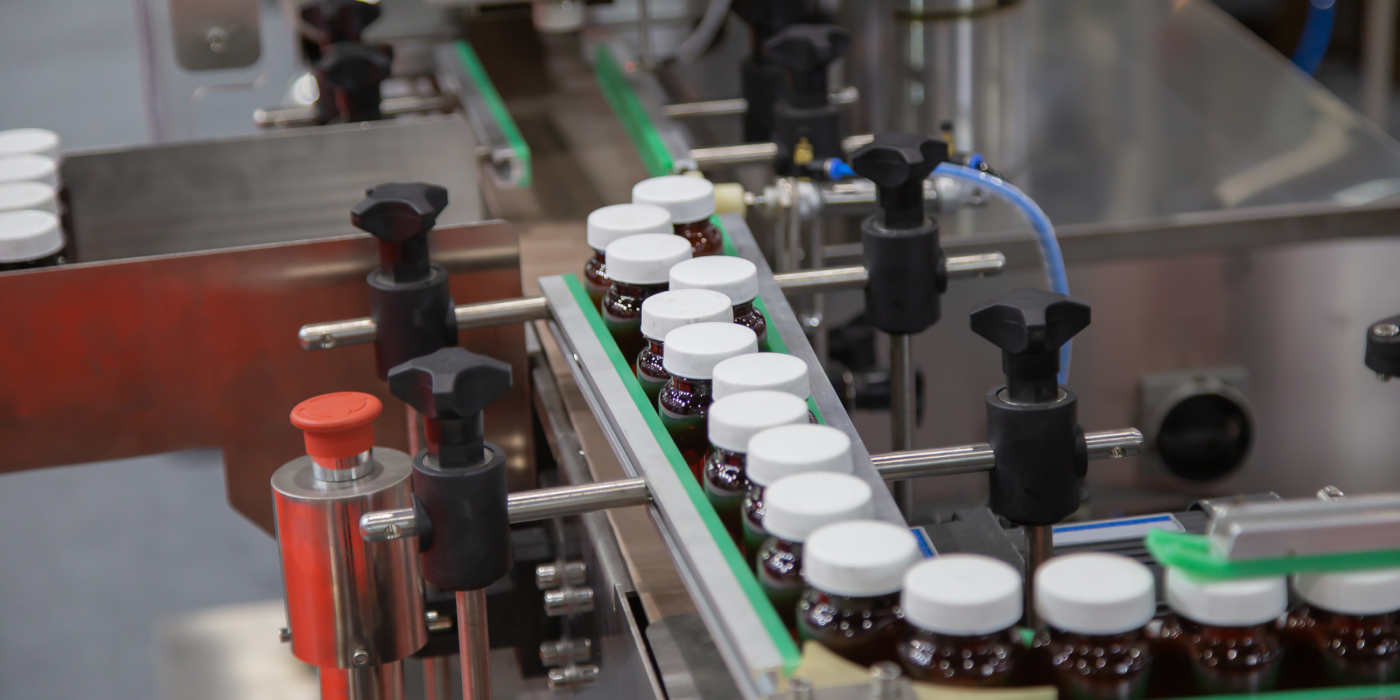Building Resilience in Healthcare Supply Chains
In the face of unprecedented challenges, the ability to ensure continuous access to essential medical supplies and medications is paramount. From sudden pandemic demands to geopolitical tensions, the healthcare sector has faced unique challenges over the past few years, disrupting healthcare supply chains and causing shortages and delays.
Building resilience in healthcare supply chains is not just about surviving disruptions; it’s about thriving in the face of adversity. The resilience of healthcare supply chains can significantly influence the health outcomes of entire populations. By embracing automation, the healthcare industry can build a future-ready supply chain that delivers high-quality care even in the face of disruptions, ensuring the well-being of patients and communities around the world.
Here are some key strategies to help you to strengthen the resilience of your healthcare supply chain and prepare for any future challenges.
Embrace Automation
Automation has emerged as a powerful tool to enhance the resilience of healthcare supply chains, enabling organizations to navigate disruptions and uncertainties more effectively, and ensure the availability of critical medical supplies and equipment. Implementing advanced technologies like inventory management solutions, delivery management systems, and warehouse robotics enhances supply chain flexibility and efficiency.
Digital solutions can help companies significantly increase visibility into their supply chain operations and make better and faster decisions. Automation also allows companies to integrate their supply chains and improve operational processes, making them more adaptive and responsive. Being able to optimize delivery routes and reroute deliveries in real-time can help companies adapt to last-minute disruptions and keep deliveries on a timely schedule.

Diversify Suppliers
Healthcare supply chains depend on reliable suppliers to deliver high-quality products on time. However, companies often source critical materials from a single region, putting them at risk of shortages during natural disasters and regional conflicts. Diversifying suppliers and sourcing locations minimizes vulnerability to disruptions, ensuring a stable flow of essential medical products that are critical to public health.
Companies can invest in domestic production or offshore to new locations to prevent over-reliance on a single supply source and reduce the risks associated with managing long, complex supply chains. Supply chain operations that are closer to home can reduce expenses and complexity. It also provides enhanced control over products and shortens delivery times. Being in the same time zone as production and shipping simplifies business processes, enhances communication, and improves collaboration.
Prioritize Transparency
Lack of visibility into the business practices of pharma supply chain stakeholders including manufacturers, suppliers, and distributors can be a significant risk and lead to poor supply chain performance. It’s vital to have a clear understanding of how products are developed, delivered, and stored, because each stage poses its own potential problems. Getting a clear picture of what’s happening at each stage requires gathering and centralizing data in a single platform.
To reduce supply chain risks and strengthen resilience, companies are investing in more software that provides end-to-end visibility into their supply chain operations. This transparency allows for quick identification of potential bottlenecks or disruptions, faster reaction times, and informed decision-making. Real-time visibility into inventory levels, production schedules, delivery routes, and potential disruptions empowers healthcare companies to proactively address supply chain challenges faster and more efficiently.

Establish Strong Partnerships
Strong partnerships with suppliers, manufacturers, distributors, and logistics providers foster open communication and mutual support during disruptions. Collaborative relationships enable quicker problem-solving, proactive decision-making, and resource sharing. Establishing strategic partnerships can also help to reduce costs and improve delivery times.
AdventHealth and Medline, a leader in health care supplies manufacturing and distribution, recently expanded their partnership. AdventHealth now has the ability to purchase equipment and assets with Medline’s buying power and access Medline’s distribution network in the event of an emergency. The long-term mutual commitments and investments of both businesses will create an environment of enhanced collaboration and innovation, while addressing risk mitigation and strengthening supply chain capabilities.
Supply chain disruptions have become more frequent, ranging from natural disasters to geopolitical events and global health crises. As businesses navigate an increasingly complex and interconnected world, building supply chain resilience is essential for withstanding uncertainties and ensuring continuity. By embracing these strategies, healthcare organizations can create supply chains that remain robust and adaptable in the face of unexpected disruptions.
For more information about how our delivery management solution can help you manage your delivery operations more efficiently, please contact info@bringoz.com.
